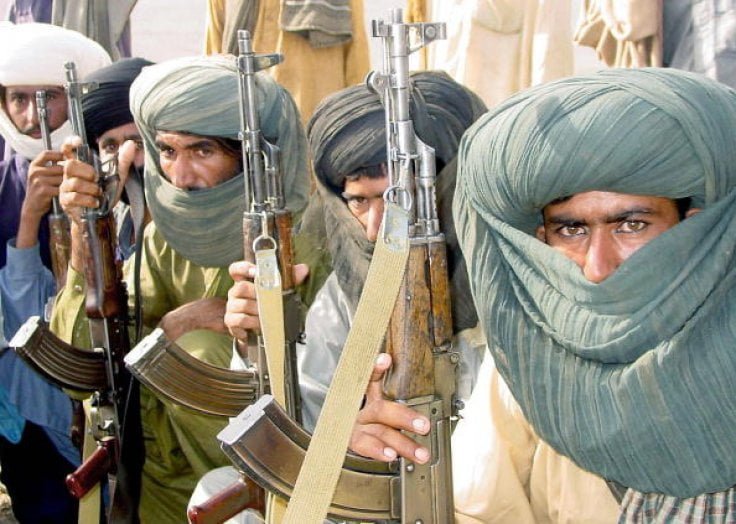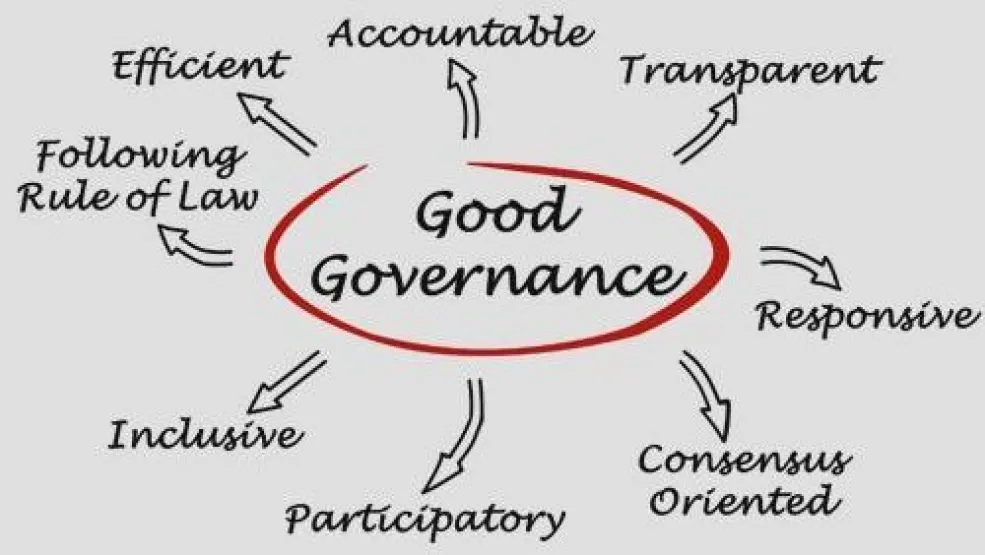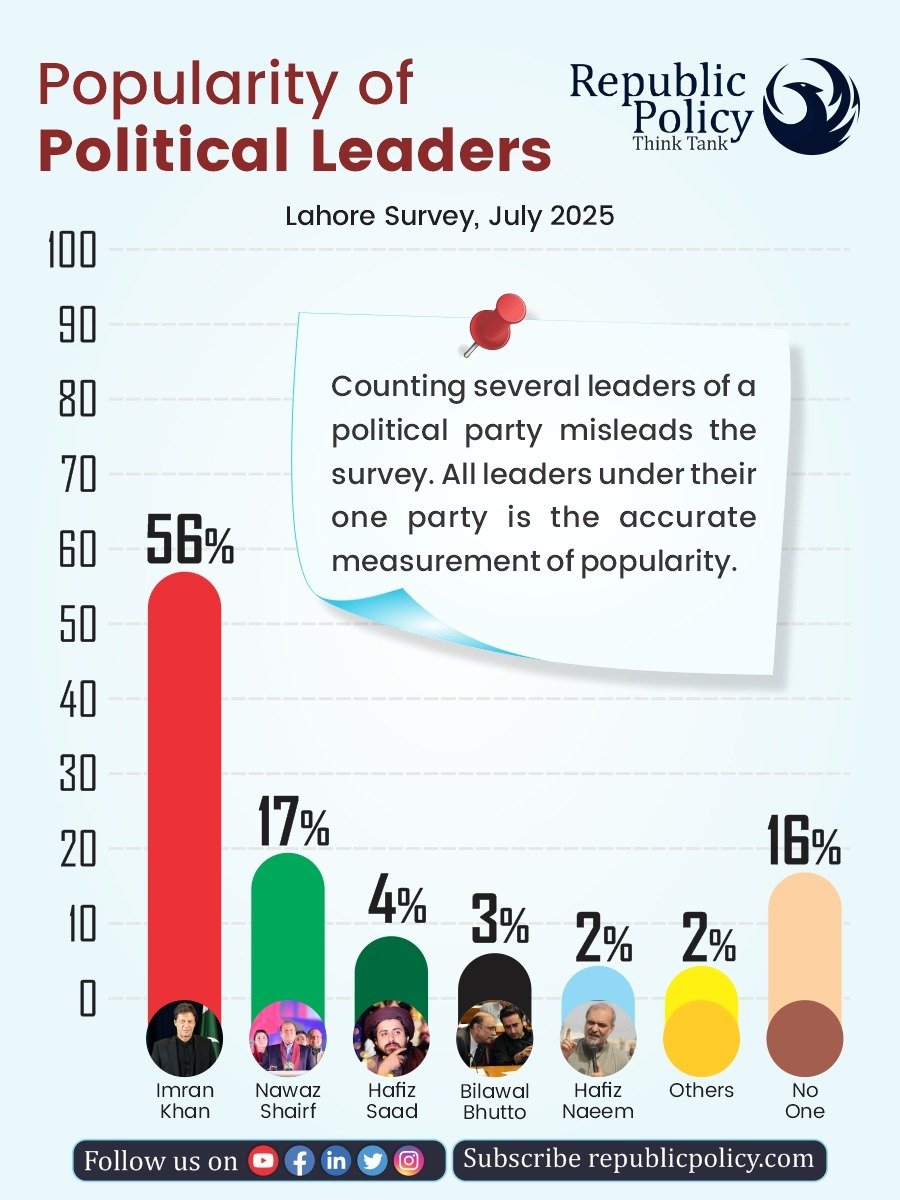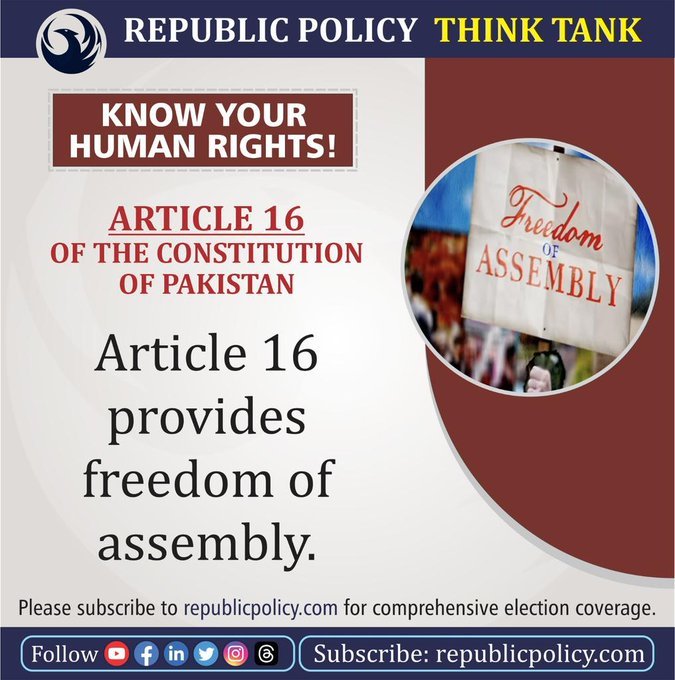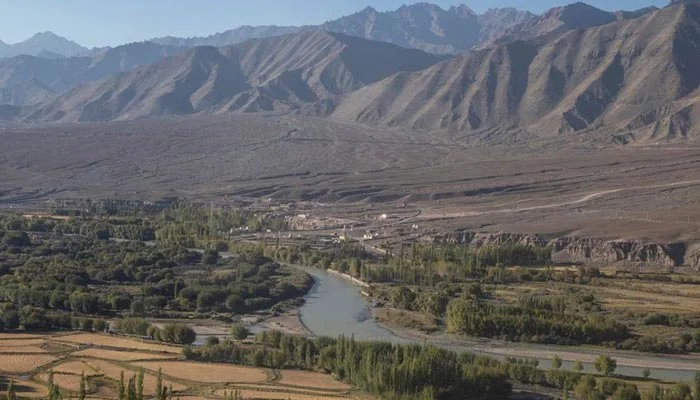By: Arsalan Kakar
A few years ago, the plight of the Baloch people echoed across Pakistan. Students, civil society, journalists, and human rights organizations openly voiced support for Baloch rights—cultural, political, and economic. The issue of missing persons, above all, symbolized the deep injustices facing Balochistan. The protest led by Dr. Mahrang Baloch and the Baloch Solidarity Committee in Islamabad stood as a powerful moment of national unity, drawing support from across the country, even as the state responded with aggression.
But the situation has dramatically changed.
Today, public sympathy for Baloch separatism has visibly eroded. A major reason is the rise in violent attacks by armed groups who claim to represent Baloch nationalist aspirations. The killing of non-Baloch civilians—often laborers, teachers, or traders—has generated widespread outrage. Many of these victims had no link to any political conflict. When those who claim to be oppressed become oppressors themselves, the moral authority of their cause collapses. That’s precisely the crisis facing the Baloch separatist narrative today.
Modern nation-states are no longer tolerant of separatist ambitions. Whether it’s India, Israel, or Spain, the global order now reinforces the sovereignty and territorial integrity of established states. States have learned to respond to armed insurgencies not with compromise, but with overwhelming force. Israel’s example of using state power to crush not only domestic threats but external ones is increasingly becoming a model for others. Pakistan, too, has the military capability, constitutional authority, and national consensus to protect its territorial boundaries.
Balochistan is vast but sparsely populated and tribally fragmented. It is not beyond the reach of the state to contain separatist violence if necessary. This reality must be acknowledged by Baloch leadership. Romanticized visions of armed struggle and independence are not only outdated—they are self-destructive. These movements hinder political and economic progress and provide justification for increased state militarization.
Please, subscribe to the YouTube channel of republicpolicy.com
The better path is democratic engagement. Pakistan’s federal structure provides avenues for autonomy, resource negotiation, and cultural preservation. Provinces like Sindh and Khyber Pakhtunkhwa have made significant political gains despite having ethnic and economic grievances. Baloch leaders should participate fully in electoral politics, demand their fair share of national resources, and build alliances within the constitutional system.
That said, the state also bears responsibility. Forced disappearances, extrajudicial practices, and lack of development have pushed many toward extremism. These policies must end. But meaningful reform will only happen if the Baloch political movement separates itself from violence. As long as terrorism is cloaked in the language of freedom, public sympathy will continue to decline.
The era of romantic separatist revolts is over. States respond to threats with force, and societies re-evaluate their loyalties accordingly. The Baloch leadership and intelligentsia must rethink their strategy. A movement without public support cannot succeed. The goals of Baloch identity, dignity, and development are not incompatible with the Pakistani federation. In fact, they are only achievable within it.
Pakistan is a sovereign state. Its integrity is non-negotiable. Those imagining a future of separation are mistaken. The state will never allow this scenario to become reality, even if it means employing the full force of its power. The real question for Baloch society today is not how to break away, but how to thrive within the federation.
Now is the time for wisdom. The Baloch people must recognize the limits of armed confrontation and embrace the possibilities of constitutional struggle. They must choose political presence over political isolation, dialogue over destruction. If they don’t, not only will the state continue to suppress violent elements, but the people of Pakistan—who once stood in solidarity—may walk away forever.
Follow Republic Policy for more insights at http://republicpolicy.com



